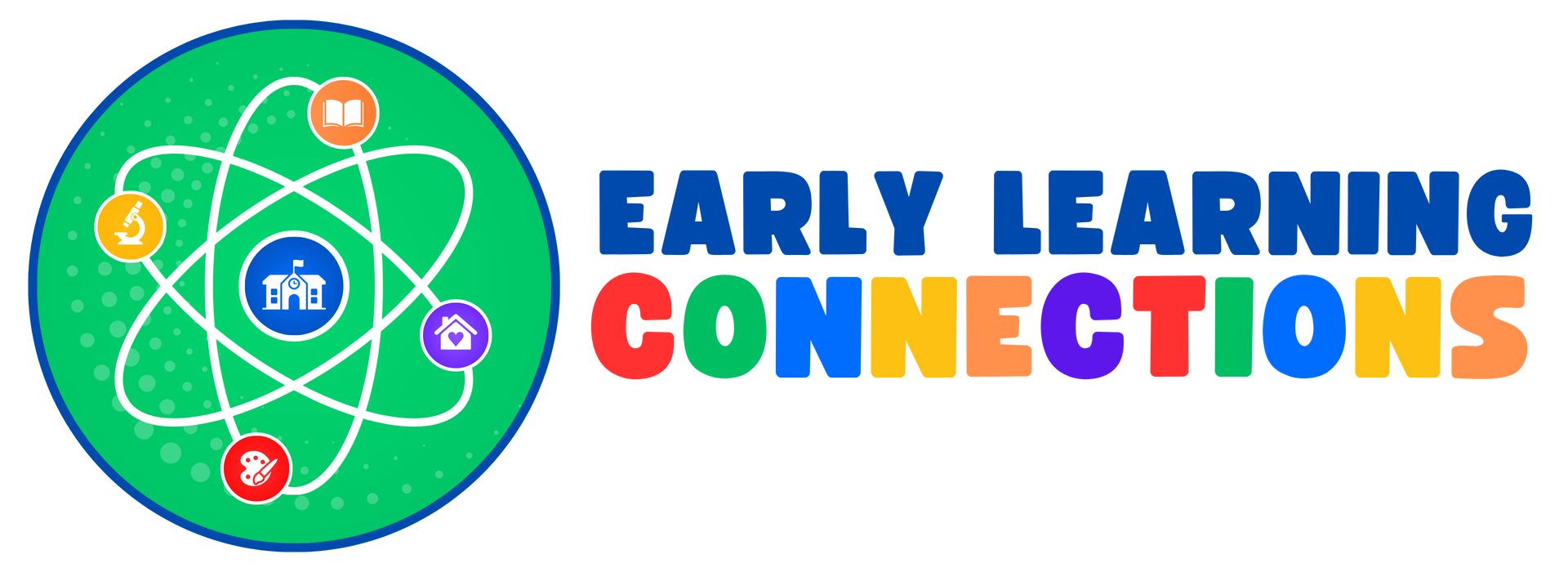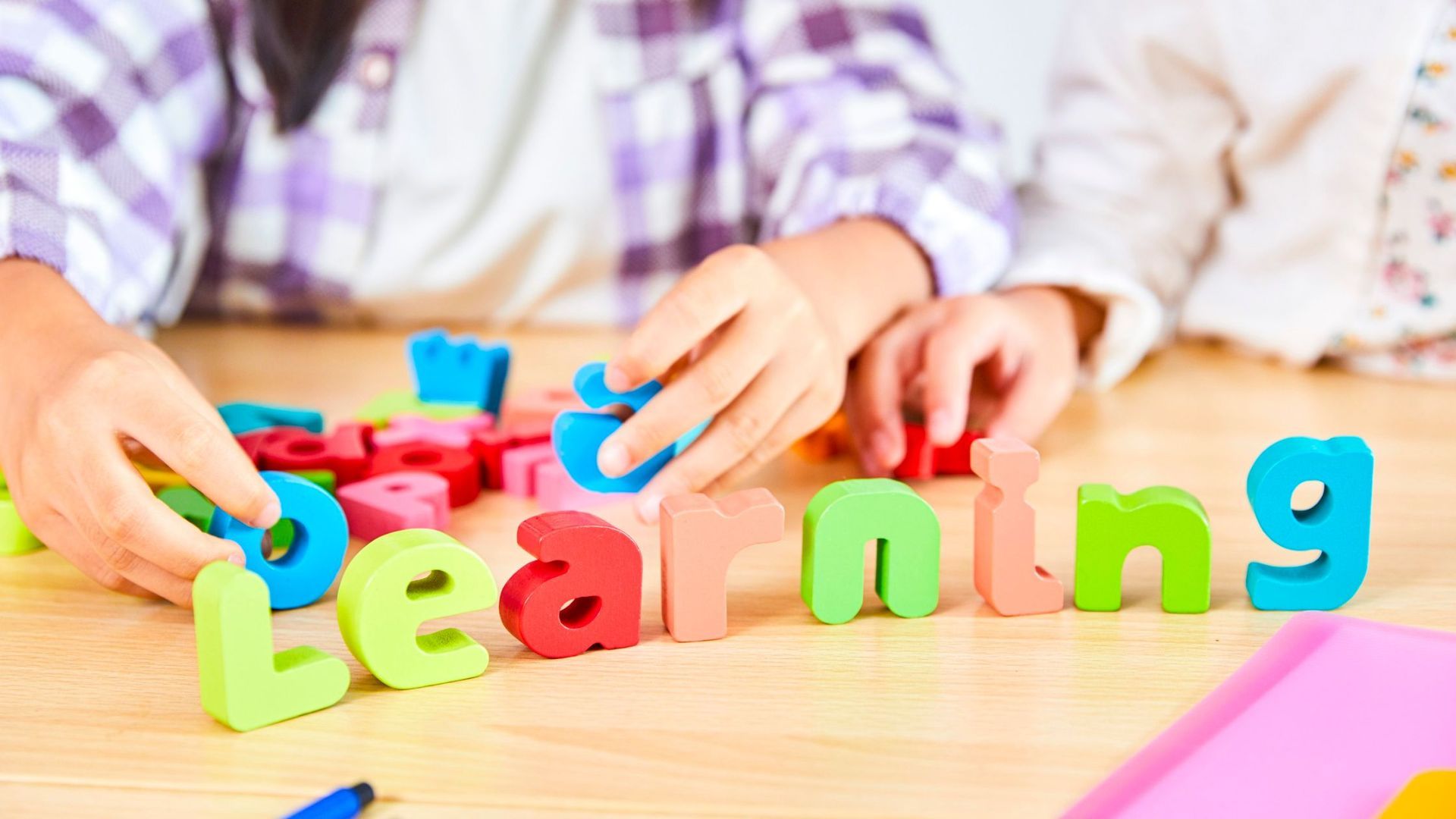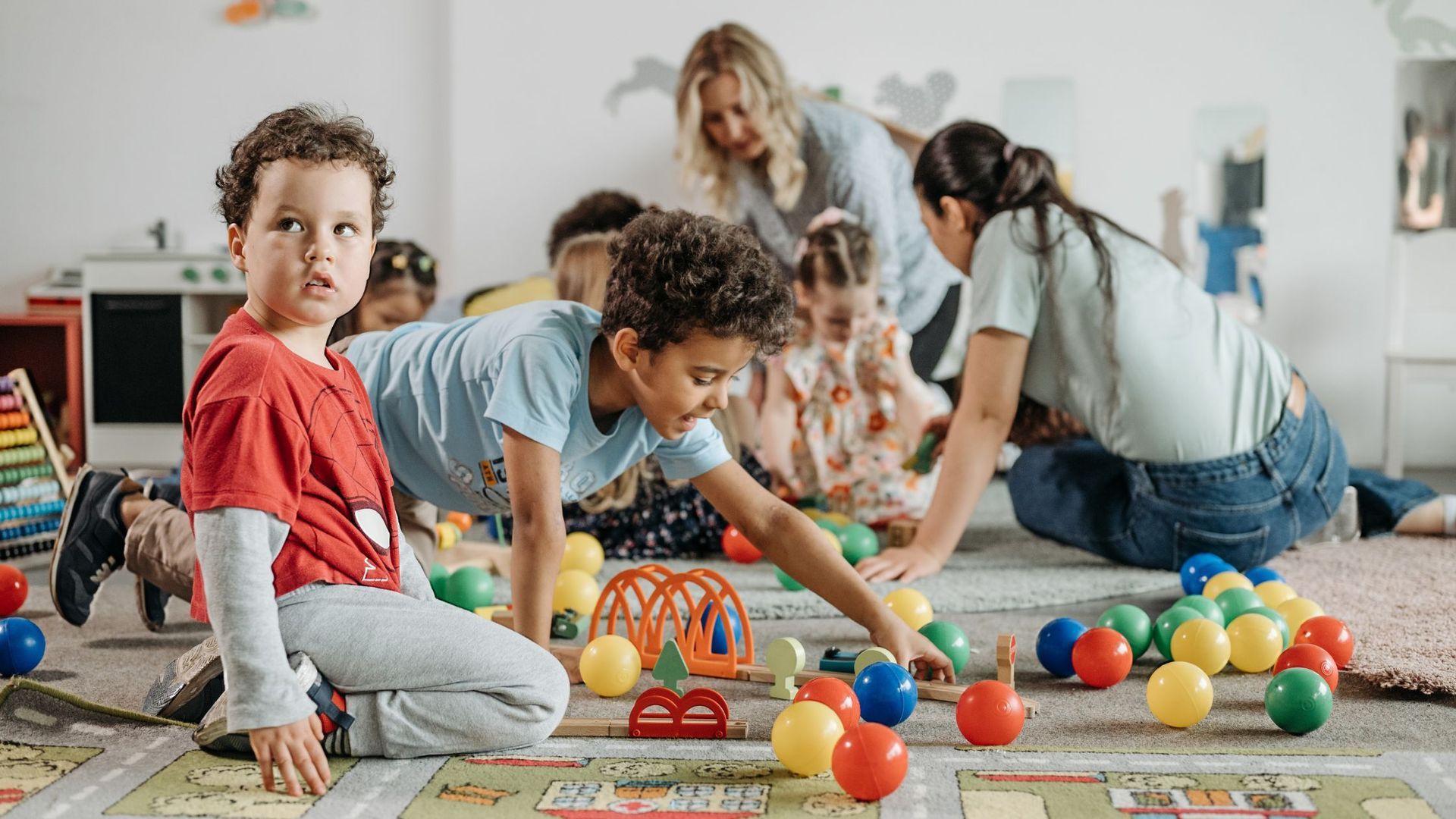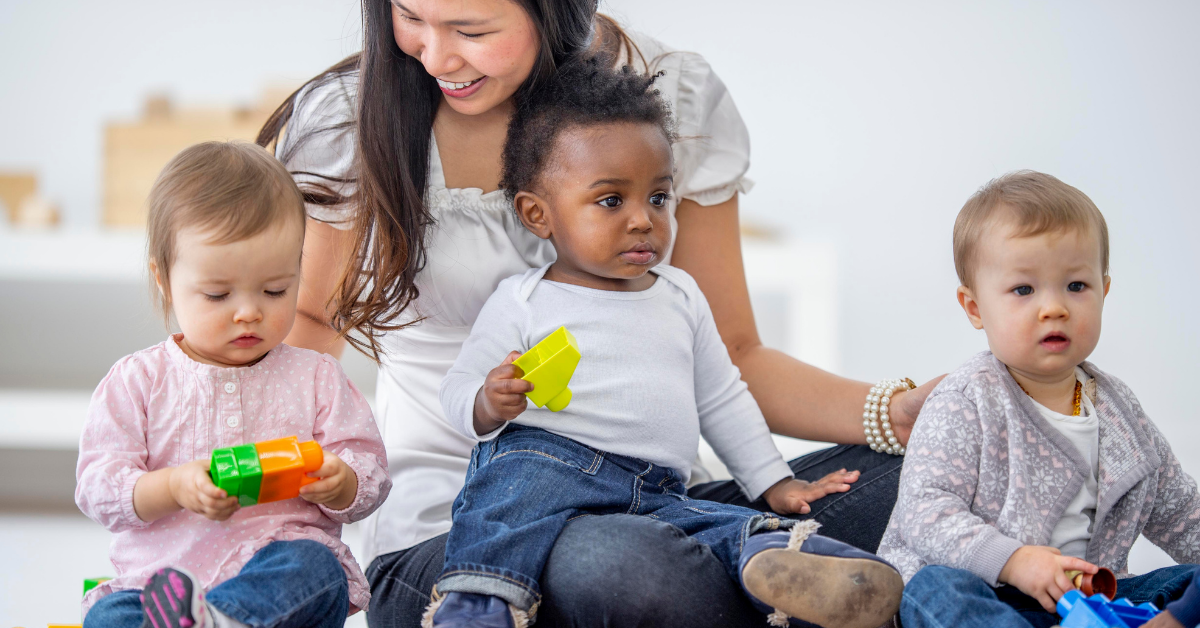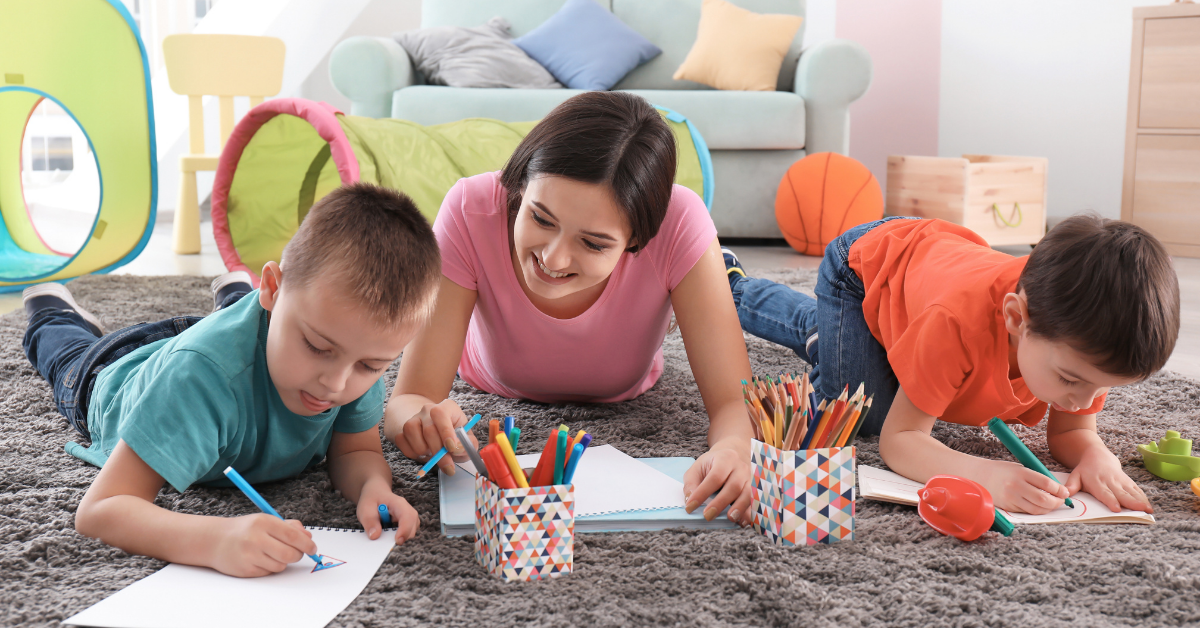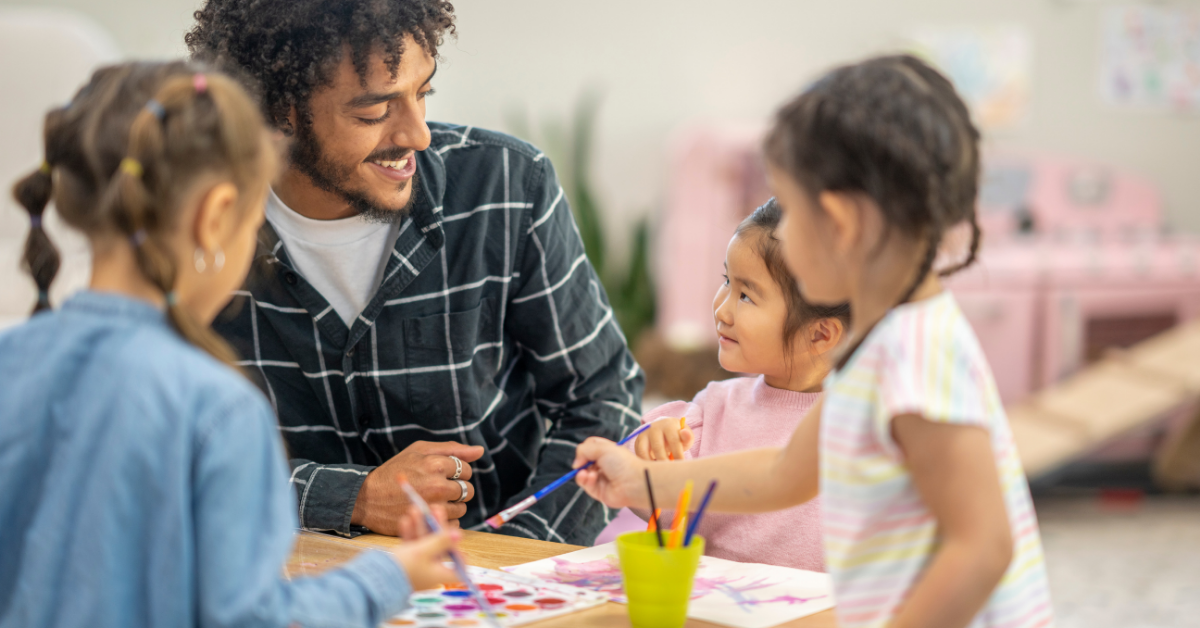Encouraging a Growth Mindset in Early Childhood
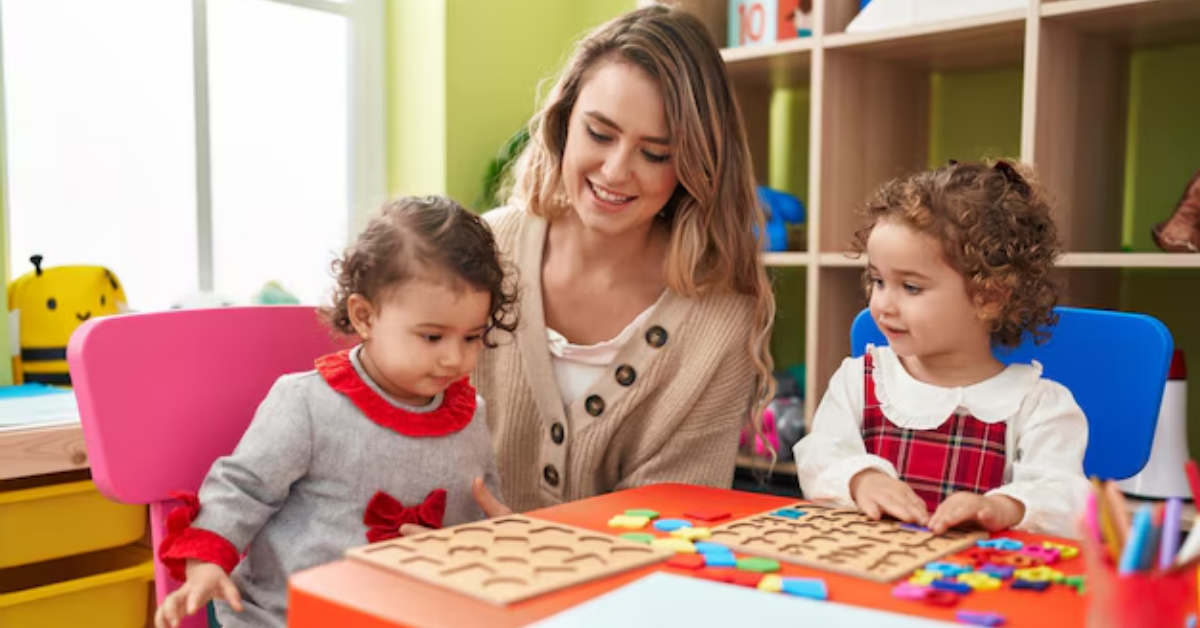
In early childhood, the foundation for learning and development is laid down through experiences, interactions, and the encouragement children receive. One powerful way to guide children toward lifelong success is by fostering a growth mindset. A growth mindset is the belief that abilities and intelligence can be developed through dedication, effort, and learning from mistakes. Encouraging this mindset in early childhood can help children develop resilience, adaptability, and a passion for learning that will serve them throughout their lives. In this blog post, we will explore how to encourage a growth mindset in young children and provide fun activities to nurture their confidence and determination.
What is a Growth Mindset?
The concept of a growth mindset was introduced by psychologist Carol Dweck, who found that children who believe their abilities can improve with effort are more likely to embrace challenges, persist through difficulties, and achieve success. In contrast, children with a fixed mindset believe that their abilities are predetermined and cannot change, often avoiding challenges for fear of failure.
By promoting a growth mindset in early childhood, children are more likely to see challenges as opportunities for growth rather than obstacles to success. This mindset encourages resilience, perseverance, and a love of learning — qualities that are crucial for both academic and personal development.
The Benefits of a Growth Mindset in Early Childhood
There are many benefits to encouraging a growth mindset in young children, some of which include:
- Increased Resilience: Children with a growth mindset are more likely to keep going when faced with difficulties, learning from their mistakes and continuing to improve.
- Improved Confidence: By focusing on effort and progress rather than innate ability, children can develop a greater sense of self-confidence and believe in their capacity to succeed.
- Enhanced Learning: A growth mindset helps children become more open to learning and trying new things, even if they might not succeed immediately. This attitude leads to improved cognitive development and curiosity.
- Better Emotional Regulation: When children understand that setbacks are part of the learning process, they are less likely to become frustrated or discouraged. This can help with emotional regulation and problem-solving.
- Adaptability: Children with a growth mindset are more likely to adapt to new situations, whether they are encountering new learning challenges or adjusting to changes in their environment.
How to Encourage a Growth Mindset in Young Children
There are several practical ways to encourage a growth mindset in early childhood. The key is to create an environment where effort is praised, mistakes are seen as part of learning, and children are encouraged to embrace challenges. Here are some effective strategies to foster a growth mindset in young children:
1. Praise Effort, Not Just Results
One of the most important aspects of encouraging a growth mindset is how you praise your child. Instead of only praising the outcome, such as "You did such a great job on that drawing," praise the effort they put into it, such as "I love how you worked so hard on your drawing!" This helps children understand that success comes from dedication and hard work rather than just innate talent. By praising effort, you reinforce the idea that persistence is key to improvement.
2. Encourage Problem-Solving and Perseverance
When children face challenges, encourage them to think of solutions and keep trying rather than giving up. For example, if they’re struggling with a puzzle, ask, "What do you think would happen if we tried this piece here?" or "What could we do differently to make it work?" Guide them through the process of finding solutions rather than providing the answers right away. This approach helps children develop critical thinking skills and learn that mistakes are part of the problem-solving process.
3. Model a Growth Mindset
Children often learn by observing the adults around them, so it’s important to model a growth mindset yourself. If you encounter a challenge or make a mistake, share your thoughts with your child in a positive way. For instance, if you're trying something new and it doesn’t work out, you can say, "Well, that didn’t work the way I expected, but I’m going to keep trying and learn from it!" By modeling resilience, you show your child that it’s okay to make mistakes and that learning is an ongoing process.
4. Emphasize the Importance of Practice
Teach children that improvement comes with practice. Let them know that no one is perfect the first time they try something, and that's okay! Encourage them to practice a skill, whether it’s tying their shoes, learning to draw, or riding a bike, and remind them that the more they practice, the better they’ll get. Use positive language like "The more you practice, the easier it will become" to help them develop a growth mindset toward learning.
5. Turn Mistakes into Learning Opportunities
Instead of scolding a child for making a mistake, use it as an opportunity to encourage learning. For example, if a child is learning to write and makes an error, say, "You made a mistake, but now we know what to fix! Let’s try again." Help them understand that mistakes aren’t failures but are stepping stones toward learning. Discuss what went wrong and how to improve next time, and encourage them to keep trying. This approach helps children see mistakes as valuable lessons rather than setbacks.
6. Set Achievable Goals
Setting small, achievable goals can help children develop a sense of accomplishment and motivate them to keep going. For example, if a child is learning to read, set a goal for them to read a certain number of pages each day. Celebrate the achievement, but also emphasize that they reached this goal through effort and persistence. As children experience success in achieving their goals, they will develop a stronger belief in their ability to grow and improve.
7. Create a Growth-Minded Environment
Foster an environment that promotes curiosity and a love for learning. Provide opportunities for open-ended play, exploration, and hands-on activities that challenge children to think critically and creatively. For example, building with blocks, experimenting with art materials, or exploring nature can help children see the value in the process of learning. Additionally, ensure that your child has access to a variety of learning tools, books, and activities that allow them to explore new ideas and concepts.
Fun Activities to Foster a Growth Mindset
Here are some fun and engaging activities that can help children develop a growth mindset:
1. Obstacle Course Challenges
Set up a simple obstacle course in your backyard or at a park and encourage your child to navigate it. If they stumble or fall, praise their efforts and encourage them to try again. Obstacle courses teach perseverance, problem-solving, and the importance of effort.
2. “Try Again” Art Projects
Give your child the opportunity to redo a drawing or craft that they might not be happy with. Emphasize that their first attempt doesn’t need to be perfect, and it’s okay to try again and improve their work.
3. Growth Mindset Storytelling
Read books or tell stories about characters who face challenges, make mistakes, and keep going. Books such as "The Most Magnificent Thing" by Ashley Spires and "The Dot" by Peter H. Reynolds encourage a growth mindset by showing children how persistence and creativity can lead to success.
4. Science Experiments
Engage in simple science experiments that allow children to see trial and error in action. For example, baking soda and vinegar volcanoes or planting seeds and observing their growth can teach children about the process of experimentation and the importance of learning from each attempt.
5. Praise Effort in Sports and Games
Encourage your child to participate in physical activities like soccer, basketball, or even simple races. Praise their effort, teamwork, and determination rather than focusing solely on winning. Emphasizing effort in sports helps children understand that practice and perseverance lead to improvement.
Encouraging a growth mindset in early childhood goes hand in hand with positive reinforcement , as recognizing effort and progress helps children develop confidence and resilience. Learn more about the impact of positive reinforcement on child behavior.
Additionally, fostering a growth mindset supports emotional development by teaching children how to navigate challenges with perseverance and self-awareness— explore ways to support emotional growth in young children.
Conclusion
Encouraging a growth mindset in early childhood is one of the most powerful ways to set a child on the path to lifelong success. By fostering resilience, a love of learning, and the belief that abilities can be developed through effort, you are helping your child develop the skills they need to thrive. Remember, children learn best when they are supported and encouraged through challenges, and when they understand that mistakes are not failures but opportunities to learn and grow. By implementing these strategies and activities, you will help your child build confidence, improve their problem-solving abilities, and cultivate a mindset that will serve them well in all areas of life.
